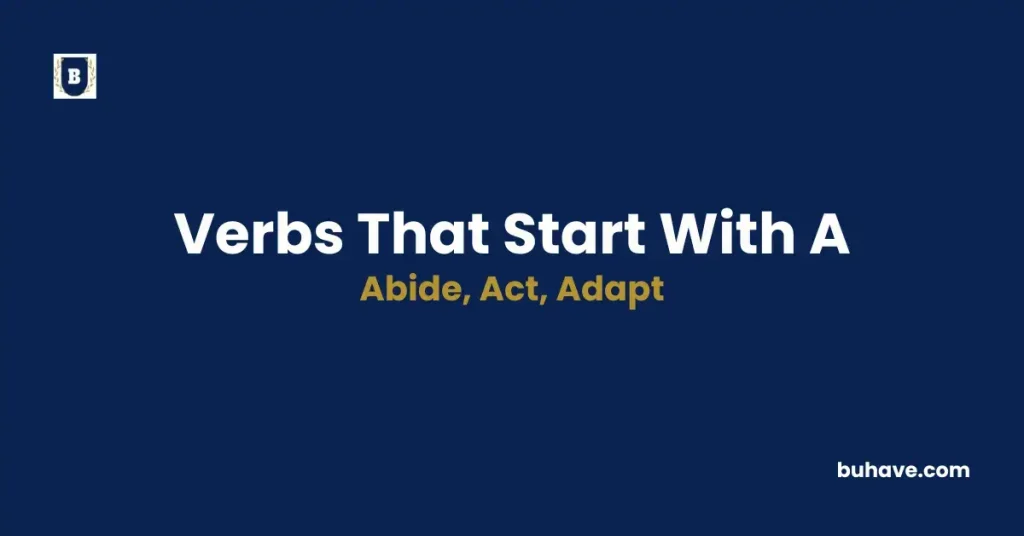The word ‘Learn’ (Verb) means to acquire knowledge, skill, or understanding through study, experience, or teaching. In this guide, you’ll learn the full definition, synonyms, antonyms, etymology, and real-life examples of how to use ‘Learn’ correctly in sentences.
Learn Explained in Depth
A complete and detailed guide to the word ‘Learn’ including meaning, definition, examples, etymology, synonyms, and antonyms.
Meanings of Learn
Learn means to gain knowledge or skills by studying, practicing, or experiencing something. It can also mean to become aware of or to understand something new. Whether it’s a language, a subject, a habit, or a skill, “learn” is the process of growing your knowledge and abilities.
Definition
Learn is defined as the process of acquiring knowledge, skills, or understanding through study, experience, or teaching. It involves becoming more informed, skilled, or capable through repeated practice or exposure.
Etymology
The word “learn” comes from the Old English leornian, meaning “to get knowledge, be cultivated, study, read, think about.” It is related to the Proto-Germanic liznojan and further back to the Proto-Indo-European root leis-, meaning “track, furrow,” indicating the idea of following a path to knowledge.
Example Sentences
- I’m eager to learn more about different cultures.
- She learned to play the piano through years of practice.
- We all learn from our mistakes, which helps us grow.
Learn Synonyms
- Acquire
- Master
- Absorb
- Understand
- Grasp
- Comprehend
- Study
- Pick up
- Gain
- Become proficient in
Learn Antonyms
- Forget
- Neglect
- Ignore
- Overlook
- Dismiss
- Misunderstand
- Lose
- Miss
- Disregard
- Oversee
FAQs about Learn
Here are some frequently asked questions (FAQs) about the word “Learn”
1. What does “learn” actually mean?
“Learn” means to acquire knowledge or skills through study, experience, or being taught. It’s about growing your understanding of something new.
2. Can “learn” be used in casual conversation?
Yes, absolutely! It’s a very common verb used in everyday conversation, like “I learned a lot today” or “I’m trying to learn Spanish.”
3. Is “learn” only about formal education?
No, it also includes informal learning like picking up new skills at work, learning from life experiences, or self-teaching through reading or practice.
4. Can “learn” also mean to become aware of something?
Yes, for example: “I just learned that she got a new job,” meaning you found out or became aware of new information.
5. What’s the difference between “learn” and “study”?
“Study” often means intentionally reading or reviewing material, while “learn” is the broader process of gaining knowledge or skills—sometimes even without formal study.

















